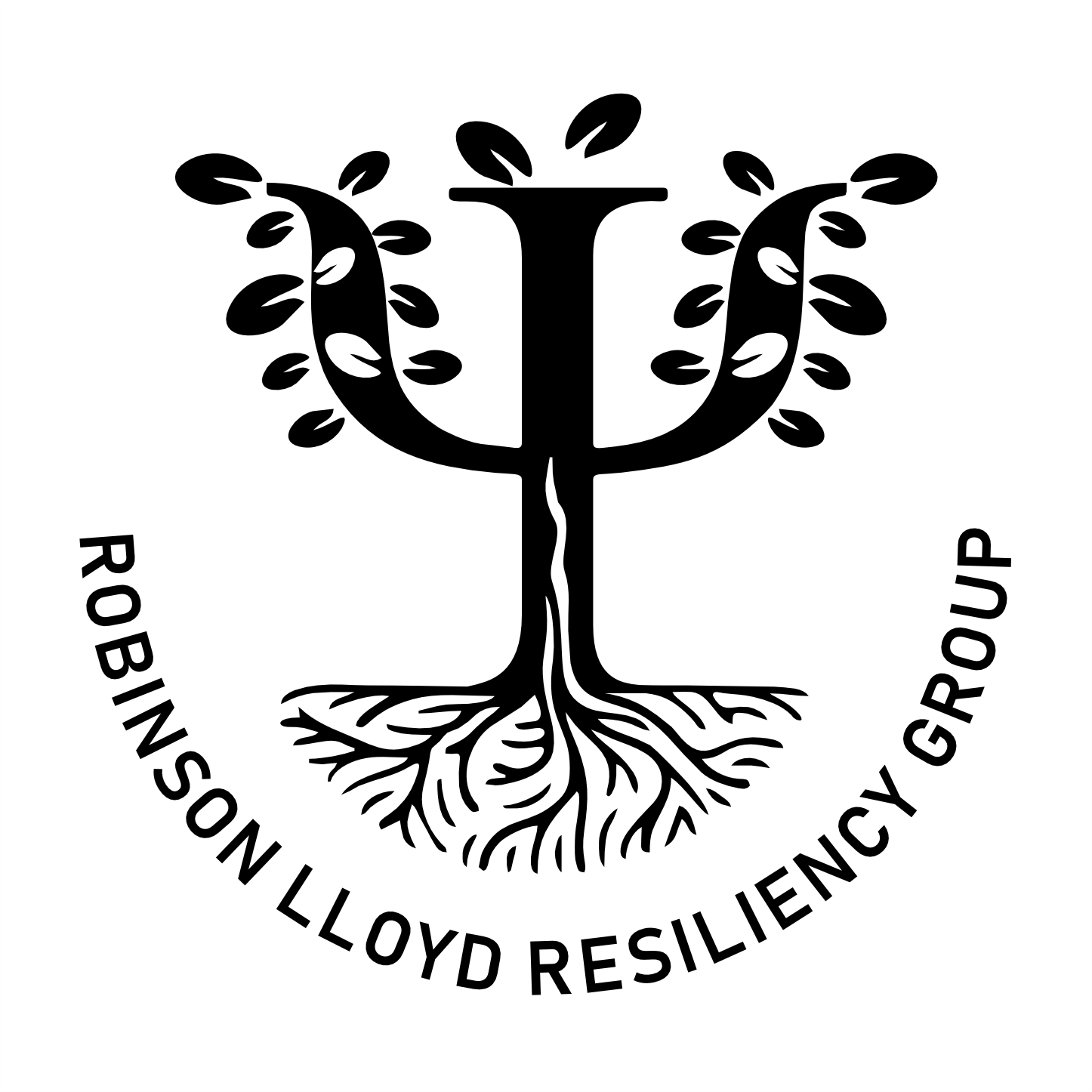How to Find Your Voice.
“When was the last time you felt happy?” I asked James. He stopped to think for a moment and initially shared that he did not know, then finally he said it was when he was a child. “What happened?” was my natural follow up question. He slowly expressed that everything seemed to suddenly change for him when he started primary school. He wanted to be a scientist and would tell his friends that he could create a means of propelling them over the school gate, to the top of the roof adjacent from the school. His friends would sound amazed, and their attention made his eyes gleam in the moment of his reflection. There it was: the moment he felt happy … then came the moment his voice was silenced.
The craft of psychotherapy/coaching, depending on the region being served, is definitely not one for many instant rewards. Yet there are very sacred “aha moments” where something surfaces for the client, or dots are connected, as we journey safely together towards regaining their voice. And, as my mentor shared, sometimes it doesn’t even happen during the therapeutic process- life itself is a process where we are continually becoming.
In this week’s insight, we are looking at what it means to lose one’s voice. We’ll also explore the use of role playing, projection and narration in becoming a Resilient Star – a person determined to beat the odds and continually improve no matter how challenging it gets.
Losing one’s voice, not in the literal sense, but rather the metaphorical essence of one’s unique expression and identity, can inflict profound psychological pain. This loss extends beyond the physical realm of vocal cords; it permeates the core of an individual’s being, leaving them grappling with a sense of emptiness and isolation. Psychologically, the pain of losing one’s voice manifests in various ways.
Communication, a fundamental human need, becomes strained and challenging. The inability to articulate thoughts and emotions can lead to frustration, amplifying the sense of powerlessness. In a world that values self-expression, the silence that envelopes those who have lost their metaphorical voice becomes an isolating barrier.
Identity, closely intertwined with how one communicates and interacts with the world, undergoes a transformative crisis. The voice serves as a conduit for self-discovery, allowing individuals to narrate their experiences and define their place in the world. When this narrative is silenced, a profound disconnection occurs. The individual may grapple with a loss of self, struggling to reconcile the person they once were with the one who now navigates a muted existence. Moreover, the pain extends beyond personal introspection to interpersonal relationships.
Communication is the lifeblood of connections, and the loss of one’s voice can create an insurmountable gap between individuals. Friends and family may struggle to understand the muted anguish of their loved one, further exacerbating the individual’s sense of isolation. In the professional sphere, the loss of one’s voice can hinder career growth and personal fulfillment. The workplace often demands effective communication, collaboration, and expression of ideas.
Similarly, for students, some may become followers, and others may remain “on the outside looking in.” A muted voice stifles these essential components, hindering not only professional success, but also the satisfaction derived from contributing meaningfully to a collective endeavor. The psychological pain of losing one’s voice is akin to being trapped within the confines of one’s thoughts and emotions, unable to share, connect, or validate one’s existence. It engenders a silent suffering that, although invisible to others, reverberates through every aspect of the individual’s life.
After our initial session of objective evaluations for students’ “risks” – vulnerabilities to anxiety or depression – and “resources” – determination or grit, values, aspirations and coaching goals, we explore the times students felt heard, valued and as though they were contributing to build their confidence. Then we help them connect this to their satisfaction at home, school and the world. They are encouraged to use small steps, such as practicing their breathing, keeping a gratitude journal, or saying affirmations outside of sessions to build their resources. Within sessions, we use metacognitive skills analyzing case studies of students addressing a common concern or role play a difficult conversation, which the student has to conduct and report on. By the end of the course of coaching, the students are encouraged to tell their stories from a place of power using their values.
Overcoming this pain requires a multifaceted approach, involving self-reflection and coaching.
In conclusion, the psychological pain of losing one’s voice is a complex and deeply impactful experience. It goes beyond the surface of mere communication; it strikes at the heart of identity, relationships, and personal fulfillment. Recognizing and addressing this pain requires empathy, understanding, and a commitment to restoring the silenced voices of those who yearn to be heard.
We provide virtual and tele-coaching sessions and groups to students and adults. Our process uses the cognitive conceptualization of anxiety and depression to build the five core resources of self-awareness, tenacity, attention, retention and strategic planning. You can book a session on our portal.

